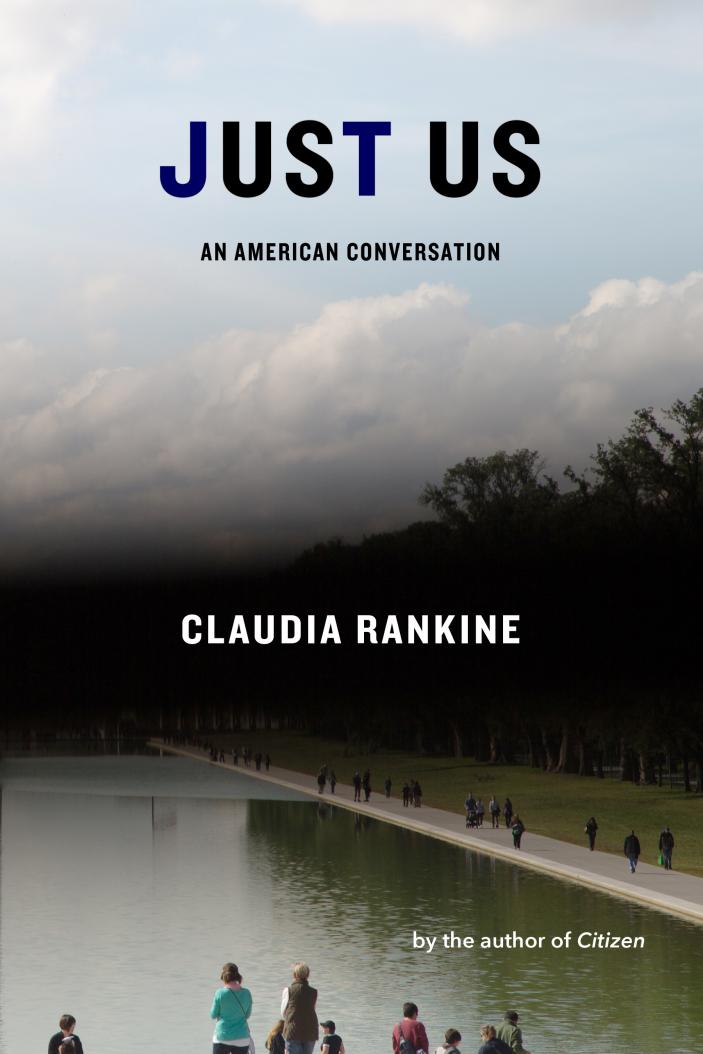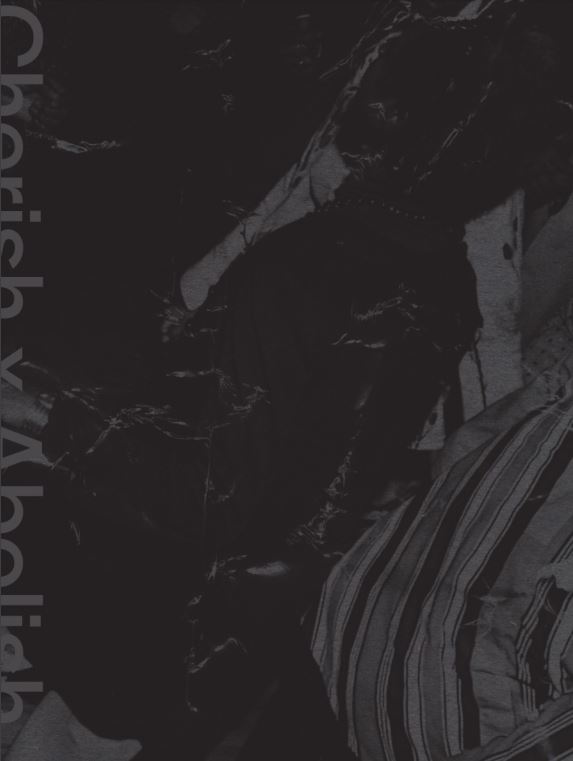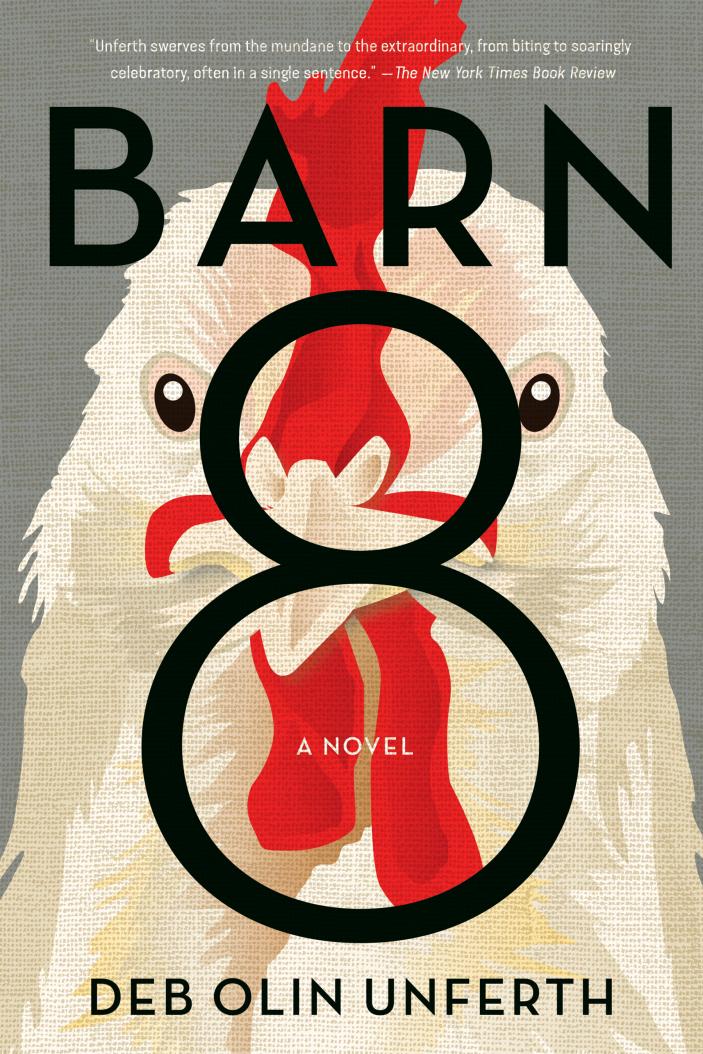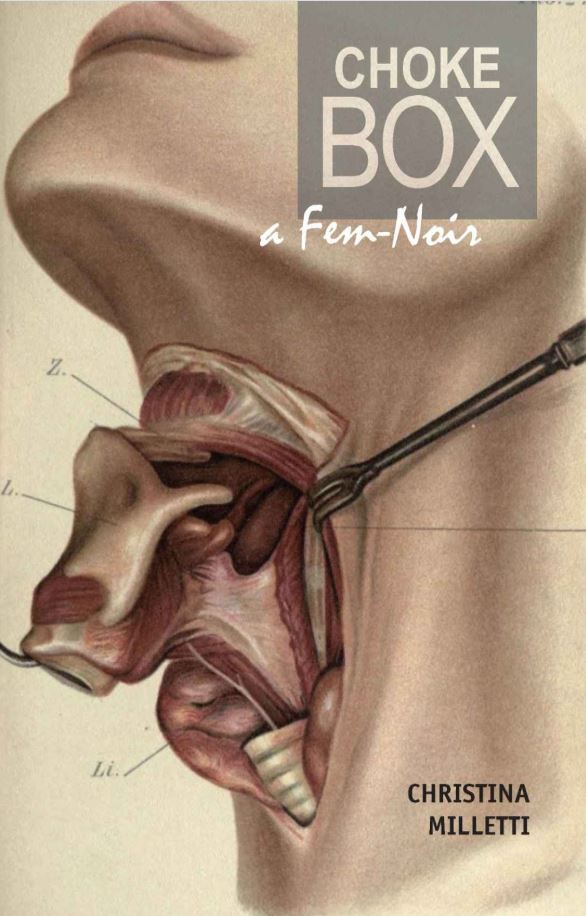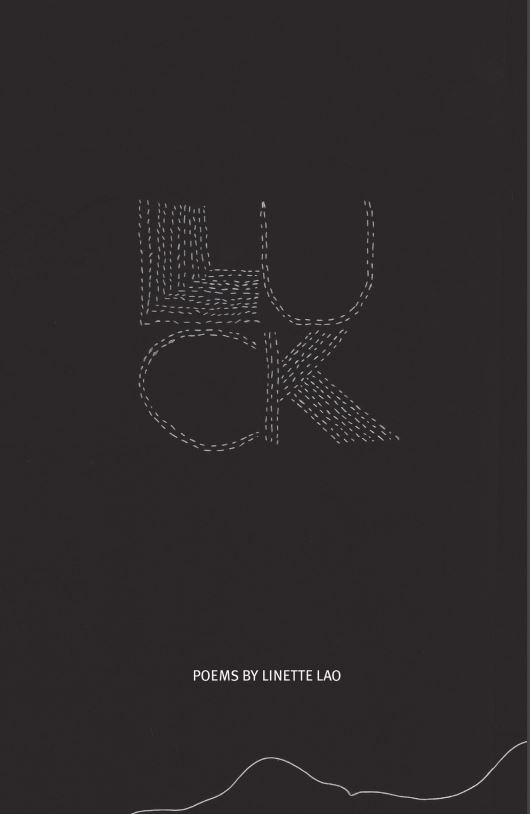With cultural intensities shifting—hopeful, horrific in turns—and crashing and burning and finally (maybe) finally reckoning with our systemic problems, the interwoven webs of white supremacy, patriarchy, capitalism, reading becomes a kind of litmus for the essential. I have no time right now for many books I might have found delightful six months ago. I have no patience for the reflexive toxic positivity injected into our conversations about oppression. And reading itself has never felt more urgent: to connect me, to nourish me, to educate me, to release me from the present anxieties as well as create spaces to move into, to become moved out of numbness, to feed the Movement by way of meditative study and reflection.
JUST US: AN AMERICAN CONVERSATION
BY CLAUDIA RANKINE
If there was ever a time for this prescient book, it is now. Unfortunately, it doesn’t come out until the Fall though galleys are circulating and white supremacy may take a minute to dismantle. Waiting is not how it happens, as MLK insisted half a century ago. Having conversations about race, conversations that risk vulnerability, conversations that underscore an ethic’s narrative force, conversations that punch holes through terrified/terrifying silence, guilt, internalized dominance, and shame, is one necessary, everyday act that might get us out of this mess. JUST US is characteristically genre-defying—including images, fact checker’s notes, dialogues, poetry, memoir, historic documents that catalogue white people’s misunderstandings about their own whiteness. As Citizen sells out yet again, saying JUST US is Rankine’s best book yet is risking the impossible, but it’s an impossibility for which we are grateful.
(This book shares with the excellent Brown Album: Essays on Exile and Identity by Porochista Khakpour (Penguin, 2020), another book I’m currently reading, a mediation on blondeness; rather bottle blondes and the BIPOC who wear it. As Rankine says, “… I try to think of a single other signifier of whiteness that free-floats like blond hair. Nothing comes to mind…blondness is readable, it points directly to whiteness.” Both books show us something about surviving white Amerikkka.)
CHERISH X ABOLISH
BY CRISIS
Every May Day for the past eight years, Crisis (aka Quemadura) curates, edits, designs, and publishes a free book, a labor of love, for the community. Happy belated May Day, I say on Juneteenth. This years is a feast of mourning and embracing, of cherishing and abolishing, featuring Ruth Wilson Gilmore, bell hooks, Dev Hynes, Gilles Bertin, Kuwasi Balagoon, Toni Morrison, Zoé Samudzi, Jean Weir, Willem Van Spronsen, Michael Kimble, EZLN, Black Panther Party, Jean Genet, George Jackson, Kanno Sugako, Marilyn Buck, Stevie Wilson, and a new translation of Katerina Gogou’s 1978 book Three Clicks Left. Though the physical copies are gone, you can download a pdf of the entire book at Black Ink, an online publication that is also an ongoing outlet of news, art, calls-to-action at the intersection of anarchism and Black life/liberation. Happy Juneteenth.
BARN 8
BY DEB OLIN UNFERTH
I dare you to put this book down. The surface pleasures—it’s an hysterical literary heist with a parade of interesting characters and plot twists and sweeping time shifts and natural histories—match its serious depths. You’ll have to read it to find out why “Barn 8” will become a national catch phrase the way Catch 22 did. This book also might remind you of Slaughterhouse Five, Fox 8, and a George Saunders short story “93990,” all of which use satire, humor, irony, absurdism and draw images of industrial society and the destruction of individuals by reducing them to anonymous numbers. The industry this time is the chicken, specifically 900,000 white leghorn hens originally from Italy but long before that from the jungle, a fact that sets the American barn in high relief.
CHOKE BOX: A FEM NOIR
BY CHRISTINA MILLETTI
Like Unferth’s, Milletti’s novel is an unlikely literary page-turner! This dark comedy explores the violence and haunted irony that accompanies girls in everyday social encounters. The book unpacks and pressures narratives of “belief” and “believability,” representing ordinary experiences, alongside inventive acts of escape—imaginative and otherwise—that reveal the embedded effects of patriarchy shaping girls’ lives. Playing on memoir, psychiatric case study, mad woman in the attic ghost story, domestic romance, with Wikipedia-like asides and lists, this audacious narrative offers “so many ways in which there is no crime” (Gertrude Stein, from the epigraph) within the crime of patriarchy.
LUCK
BY LINETTE LAO
Caliban started issuing books after its run as a magazine (1986-1996), and their final book is Lao’s first, available online, a dazzling bit of circuitry that refers us back to its title. We need all of this we can get right now; Lao’s the linguistic magic serves menacing intimacies, fierce insights, and open astonishments by the page. A digitized cover of a handmade, Sashiko-inspired peal cotton stitch sets the mood and stage for Lao’s inventive, poetic materialities.
